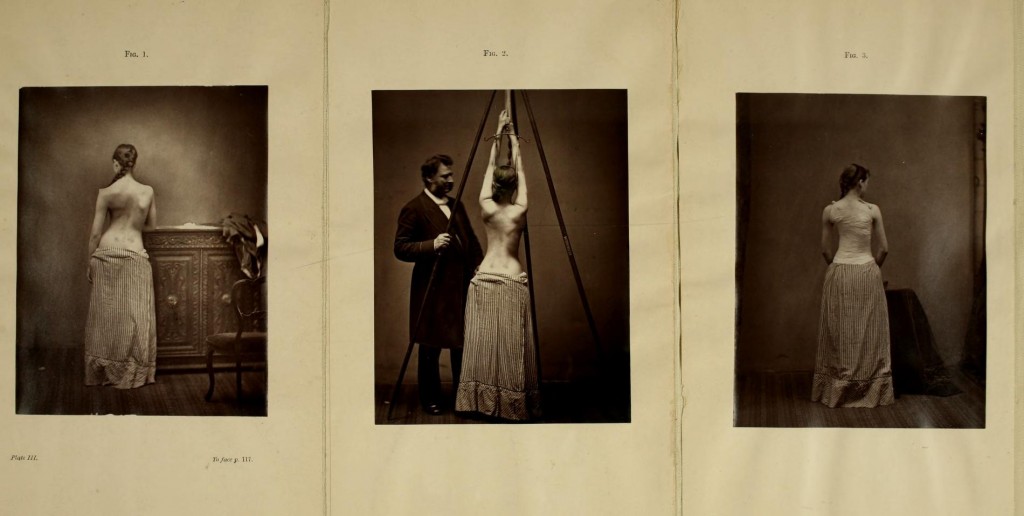James Jackson’s Memoir of James Jackson, Jr.
Center staff are currently working on a new finding aid for the James Jackson papers; Jackson was born October 3, 1777 in Newburyport, Massachusetts, to Jonathan Jackson (1743-1810) and Hannah Tracy Jackson. Before beginning his medical career, he worked as a clerk for his father who continued to work in the state government after he had been a representative of Massachusetts at the Continental Congress. Jackson taught school at Leicester Academy for a year in 1797. He received all of his degrees from Harvard University: his A.B in 1796 and M.D. in 1809. After establishing his own general practice, and while working at Massachusetts General Hospital (MGH), Jackson was named the first professor of clinical medicine at Harvard Medical School. He was Hersey Professor of the Theory and Practice of Physic (1812-1836) and dean of the Medical School (1820-1821).
After earning his A.B. from Harvard in 1796, James Jackson first studied medicine in Salem under physician Edward Augustus Holyoke (1728-1829). Before completing his M.D., he moved to London and took a job as a surgeon’s dresser at St. Thomas’s Hospital; during his time in
London, Jackson paid particular attention to the emerging practice of vaccination. Jackson returned to Boston in 1800 and opened his own medical practice, which he continued until 1866. He developed expertise in vaccination and became one of the earliest people in America
to investigate the practice experimentally. In 1802, before finishing medical school, he was appointed physician to the Boston Dispensary. In 1803, he became a member of the Massachusetts Medical Society, and in 1810 he helped to reorganize the Massachusetts Medical Society and to relocate Harvard Medical School from Cambridge to Boston. In 1810, Jackson began the process of founding Massachusetts General Hospital and Somerville Asylum with John Collins Warren. Jackson was the first physician of Massachusetts General Hospital and practiced there from 1817-1837.
Jackson had an extensive publishing career and Center staff were pleased to find that many of his titles had been digitized and were freely available in the Medical Heritage Library, including Jackson’s 1835 memoir of his son, A memoir of James Jackson, Jr., M.D. : with extracts from his letters to his father, and medical cases collected by him. James Jackson, Jr. had been studying medicine in Paris and returned to Boston to enter medical practice with his fater. Unfortunately, Jackson fell ill almost immediately upon his return to the United States and died before he could open his practice.
The memoir includes extracts from Jackson, Jr.’s letters home from Europe as well as lengthy “footnotes” added by Jackson and case notes from Jackson, Jr.’s study. The “footnotes” are almost conversational in nature, opening with something like an open letter to Pierre Charles Alexandre Louis, his son’s teacher in France, about why Jackson, Jr. had not taken some health advice Louis had given him.

